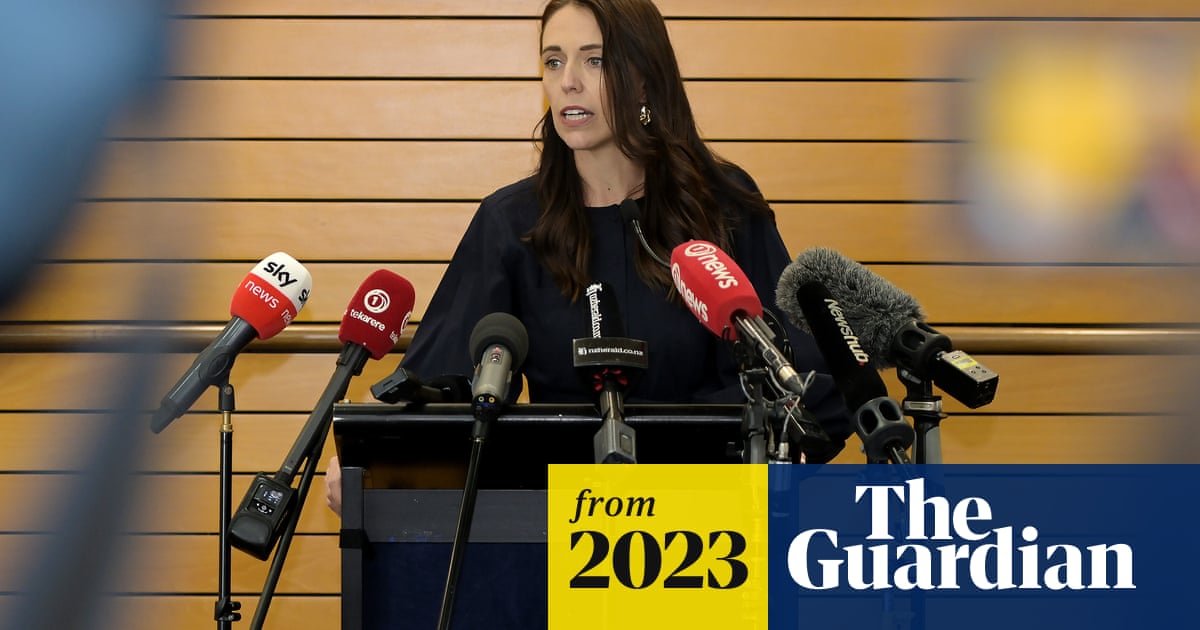basquebromance
Diamond Member
- Nov 26, 2015
- 109,396
- 27,002
- 2,220
- Banned
- #121
In terms of financial aid, Ardern’s strategy was notably stingier than even some of the policies enacted under reactionaries like Donald Trump, leaving desperate Kiwis flooding food banks to survive amidst the economy’s shutdown. Businesses were the exception, of course, availing themselves of millions of dollars in government support while posting huge profits, sometimes even firing their workers or slashing their pay. For the most part, in the face of Ardern’s government politely suggesting these supports be paid back, businesses have refused to settle up.
While Kiwis struggled under inadequate financial assistance, the Reserve Bank of New Zealand’s quantitative easing program made possible a flood of cheap money that turbocharged a speculative frenzy in the country’s already-overinflated housing market. The result has been — together with the supply chain– and Ukraine war–related pressures the rest of the world is experiencing — an explosion in the cost of living in New Zealand. House prices have rocketed even further out of reach for any normal working family’s income, and rents have followed suit. Homelessness, already bad before the pandemic, has worsened, with more and more families ending up living in cars and government-subsidized motels.
Ardern’s government had been explicitly warned this would happen at the start of 2020, but had failed to act. Once living costs exploded, and despite the record profits accrued by banks and other businesses, Ardern, in what was a pattern in her leadership, ruled out a commonsense response to this that risked drawing the ire of the corporate world. Unlike a conservative British government, the EU, and others, she therefore refused to implement a windfall tax to claw back this wealth and use it to alleviate Kiwis’ suffering.
This two-tier imbalance was endemic to Ardern’s pandemic strategy. There is maybe no better example of this than her government’s border policy. Having first campaigned on cutting immigration numbers, Ardern appeared to view the pandemic and the temporary restrictions it demanded as a way to finally put this policy into motion. Ardern’s famous “be kind” mantra never seemed to apply to the hundreds of visa-holding families split between continents who were kept needlessly, indefinitely separated for years, causing severe mental anguish and even the breakup of marriages.
Ardern was made personally aware of the intense difficulties experienced by immigrants, but nothing changed, even as famous and ultrarich travelers were able to waltz through the border with ease. As she embarked on an immigration “reset,” Ardern drove out some of the very essential workers her government relied on in key sectors like health and aged care, mistakenly believing they would be filled by returning Kiwis. This fumble contributed to a post-pandemic labor shortage that hurt the very business sector Ardern normally went out of her way to mollify.
While Kiwis struggled under inadequate financial assistance, the Reserve Bank of New Zealand’s quantitative easing program made possible a flood of cheap money that turbocharged a speculative frenzy in the country’s already-overinflated housing market. The result has been — together with the supply chain– and Ukraine war–related pressures the rest of the world is experiencing — an explosion in the cost of living in New Zealand. House prices have rocketed even further out of reach for any normal working family’s income, and rents have followed suit. Homelessness, already bad before the pandemic, has worsened, with more and more families ending up living in cars and government-subsidized motels.
Ardern’s government had been explicitly warned this would happen at the start of 2020, but had failed to act. Once living costs exploded, and despite the record profits accrued by banks and other businesses, Ardern, in what was a pattern in her leadership, ruled out a commonsense response to this that risked drawing the ire of the corporate world. Unlike a conservative British government, the EU, and others, she therefore refused to implement a windfall tax to claw back this wealth and use it to alleviate Kiwis’ suffering.
This two-tier imbalance was endemic to Ardern’s pandemic strategy. There is maybe no better example of this than her government’s border policy. Having first campaigned on cutting immigration numbers, Ardern appeared to view the pandemic and the temporary restrictions it demanded as a way to finally put this policy into motion. Ardern’s famous “be kind” mantra never seemed to apply to the hundreds of visa-holding families split between continents who were kept needlessly, indefinitely separated for years, causing severe mental anguish and even the breakup of marriages.
Ardern was made personally aware of the intense difficulties experienced by immigrants, but nothing changed, even as famous and ultrarich travelers were able to waltz through the border with ease. As she embarked on an immigration “reset,” Ardern drove out some of the very essential workers her government relied on in key sectors like health and aged care, mistakenly believing they would be filled by returning Kiwis. This fumble contributed to a post-pandemic labor shortage that hurt the very business sector Ardern normally went out of her way to mollify.





